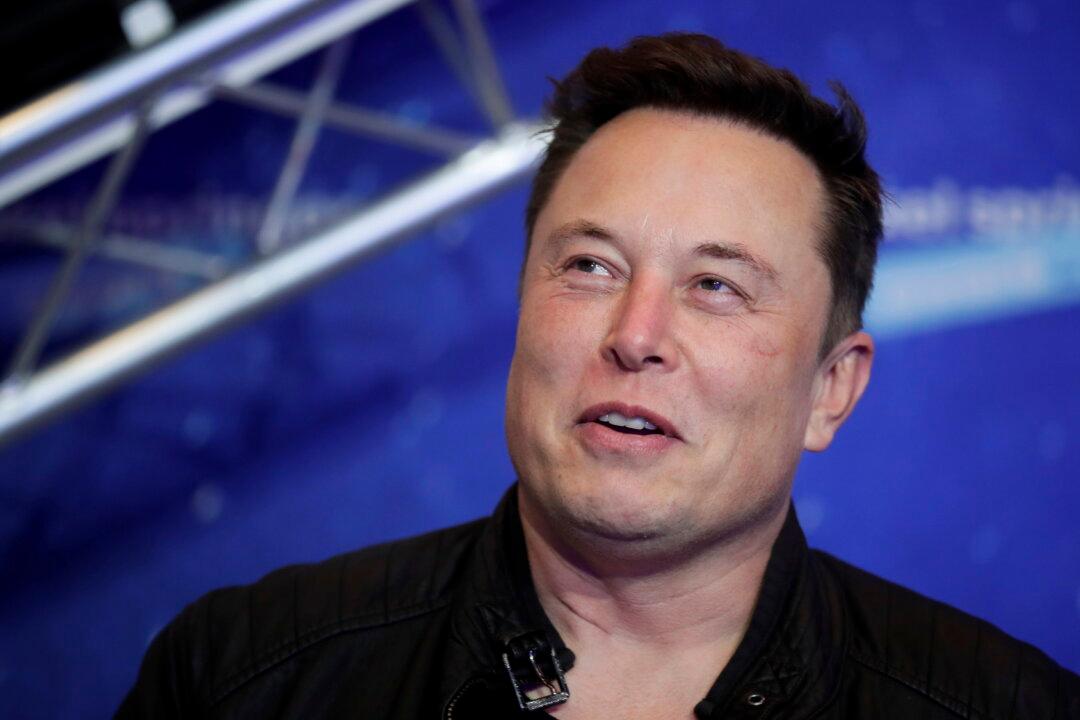Twitter’s new boss Elon Musk took a swipe at a mainstream media report that cited activists claiming lives were being put at risk by Musk’s decision to reinstate a number of banned Twitter accounts, including that of former President Donald Trump.
“Much Ado About Nothing,” Musk said in a tweet Friday, responding to left-leaning Axios’ report that carried the caption: “Activists warn lives at risk over Elon Musk’s amnesty plans for suspended Twitter accounts.”





